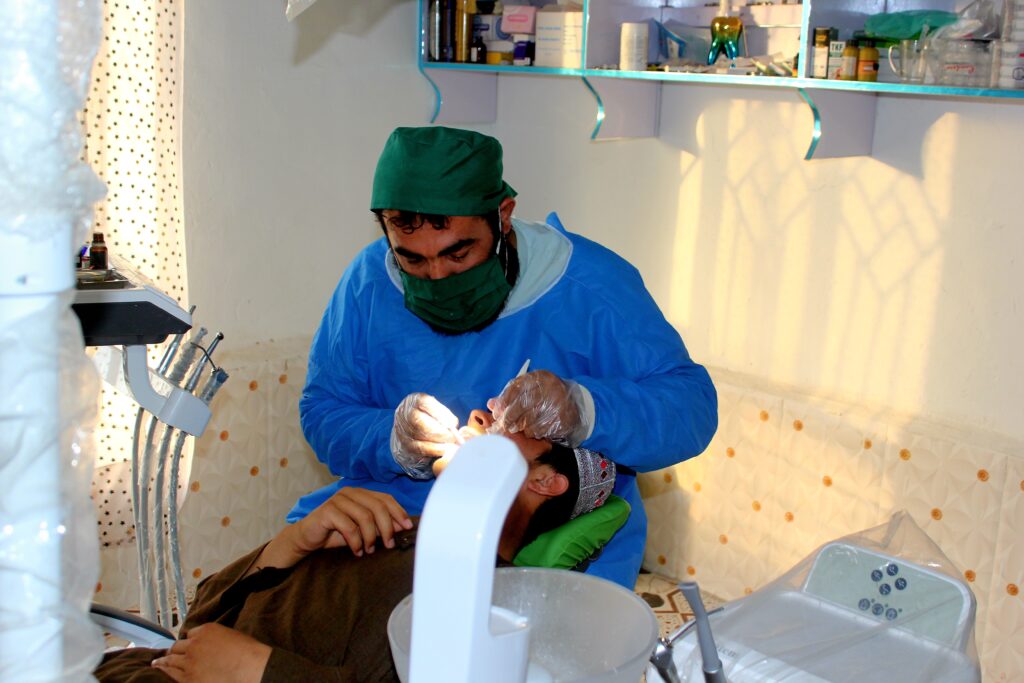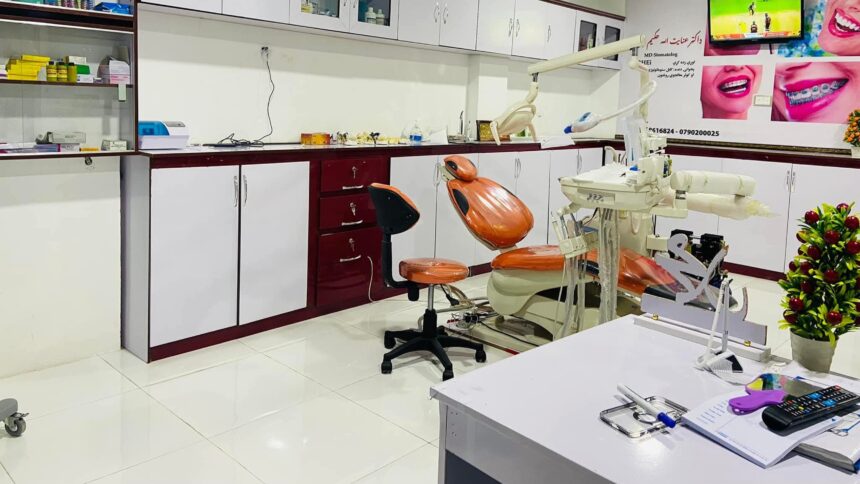Women in Uruzgan province are facing a severe health crisis: not a single female dentist is available in either public hospitals or private clinics. Local health officials acknowledge that women with dental problems are forced to seek treatment from male doctors — an option many families prohibit due to Taliban restrictions and cultural taboos.
Dr. Mohammadullah Rohani, head of Uruzgan’s Public Health Directorate, told The Afghan Times that the absence of female dentists poses a major barrier for women’s healthcare.
“Across the entire province, we do not have one female dentist. Women who need dental care are compelled, out of necessity, to go to male doctors,” Rohani said.
For many women, however, even this is not an option.
Shahgul, a 35-year-old woman from Dehrawud district, has endured severe tooth pain for over a year. Yet her husband has forbidden her from visiting a male dentist.
“I begged to see a doctor, but my husband said if I go without his permission, he will divorce me. He told me he does not want any man to see my face. He said a woman’s face is like a private part of the body and must never be exposed,” she explained.
“When the pain gets unbearable, I press the Quran against my face. I have no other choice.”
Other women who did seek male dentists describe the experience as humiliating. Halima, a resident of Tarinkot, recounted her visit to a male dentist with her brother.
“The doctor treated my teeth while my brother stood silently. But after we left, he told me he was so ashamed he could never accompany me again,” she said.
Even health workers acknowledge the problem. A midwife in Uruzgan, who requested anonymity, said that while she is not trained in dentistry, women come to her daily for help. To comply with Taliban restrictions, she said, women are required to wear special garments provided by the Department for the Promotion of Virtue and Prevention of Vice, covering their entire bodies except the mouth area needed for treatment.
“This is not a real solution. Women deserve proper treatment by trained female dentists. But with the current restrictions, we are left only with makeshift measures,” she said.
The absence of female dentists in Uruzgan underscores a broader crisis: with girls’ education banned beyond sixth grade, Afghanistan risks an even deeper shortage of female health professionals in the future. Residents fear that if schools remain closed to girls, the lack of female doctors — already severe — will spread to other provinces and medical fields.
Dr. Rohani confirmed that his office has raised the issue with the Ministry of Public Health in hopes of finding long-term solutions. For now, however, women in Uruzgan remain trapped between Taliban restrictions and urgent medical needs, deprived of even the most basic healthcare.
For women like Shahgul, the pain continues — a daily reminder of how war, patriarchy, and Taliban policies have stripped Afghan women not only of education and work but of the right to live without unnecessary suffering.









